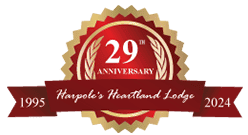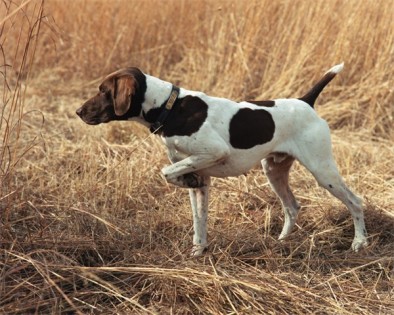Choosing the Right Wing-Shooting Lodge
There are a lot of options out there for you to choose for your next wingshooting trip. The internet has made finding wing-shooting lodges a lot easier, but you need to do your homework before making a final decision. Without doing a little research your dream hunt may end up being a disaster.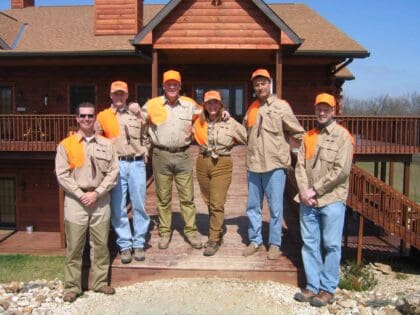
I have been in the upland hunting business for over 20 years and have heard many horror stories. My guide didn’t show up, the food was terrible, 6 of us slept in a trailer with leaks, my guide harvested more birds than I did, getting to the lodge was a nightmare, etc. To avoid some of these problems I have listed a few key points to consider when booking a trip.
First you half to decide what species of birds are you looking at hunting. We are going to focus on upland birds here, but the same principles would apply to any type of birds. Pheasants and quail are the two primary upland birds in the United Sates that wing-shooters hunt. South Georgia is known for its quail hunting and South Dakota is known for pheasants. There are states like Illinois that offer both quail and pheasant hunting. You can have just as good experience in Illinois (Or other mid-west states) hunting pheasant or quail as you can in states that just offer one species of birds. The choice is up to you and your preference.
One factor that determines where you may hunt is location and how easy is it to travel to the hunting lodge. There are many great lodges across America but some are not so easy to travel to. You may not want to spend a full day or even multiple days traveling. If flying, a good rule is finding a hunting lodge that is less than 100 miles form a major airport. This should make the trip to the lodge less than a day, unless you are flying across country. Another advantage of hunting the mid-west is the ease of getting there. You can be at most lodges in less than a day and many locations in a half day even if you are coming from the west or east coasts.
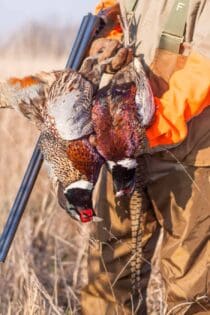
As with pictures text can be written to say anything on a website. Make sure you verify everything through e-mail. Having a written trail will help you if you encounter any problems upon arrival to your destination and during your stay. Make sure you bring all your documents with you, including your e-mails.
Ideally you want your lodge to be in business for at least ten years. If they have made it ten years, they must be doing something right. But this still does not guarantee they are the best option. If they have been in business less than ten years and you want to hunt with them, make sure everything else checks out. You have to go the extra mile if they are new.
If you know anyone that has traveled to the lodge, ask them for their opinion. Having a personal reference from someone you know is very valuable. With today’s social media it’s easy to find someone who has probably been there or knows someone who has. If it’s feasible to visit the location in the off season, this would be the best option. Many of the high-quality lodges are open year-a-round. This is an excellent way to verify everything on the website and meet the people you will be hunting first had.
As mentioned above, if a lodge is open all year this is normally a good sign. Lodges that operate all year employee full time staff and don’t depend as much on seasonal help. Many seasonal lodges bring in an entire new crew each fall and consistency becomes a problem. This is not always the case but it’s normally a good sign if they are open all year.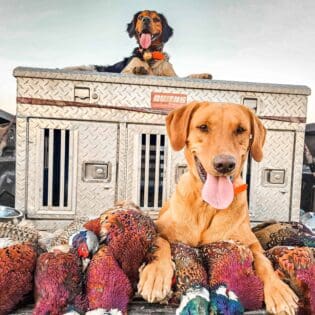
We would strongly suggest purchasing trip insurance to protect you if your wing-shooting lodge would go out of business, or you had a serious illness. Normally trip insurance runs 3%-5% of your hunt cost, but in today’s economic climate I feel it’s a wise investment. We recommend trip insurance for all of our guest and use Travel Guard Insurance.
There are lodges that meet all the criteria above and can make your experience a very pleasant one. But take a little time on the front end to make sure you experience is everything you want it to be.
Hopefully these tips will make your next hunting trip one that you will always remember!



